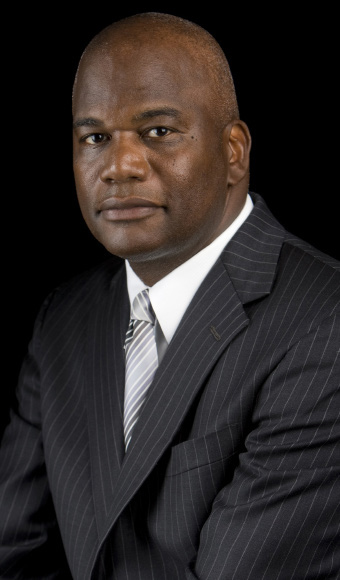
Religion
What is the power of living on ‘yet’ faith?

By Ronald W. Holmes, Ph.D.
Special to the Outlook
The word “yet” refers to something that will or may happen in the foreseeable future. In Wednesday Night Bible Study at First Timothy Baptist Church on November 8, the critical question was: What is the power of living on “yet” faith?
Utilizing the book, Beyond the Sunday Sermon, Dr. Ronald Holmes’ message highlighted the power of living on “yet” faith by encouraging people to (1) trust God’s power, (2) trust God’s presence and (3) trust God’s promises. Holmes said “yet” faith is when we go through tribulations such as death, sickness and hardship but we still trust God. “Yet” faith is a declaration that we ride or die with God. “Yet” faith means that no matter what people think, do or say, we still trust God. Given an example of “yet” faith, Holmes said, “when Christ cried out My God, My God, why have you forsaken me” (Matthew 27:46); and then said, “Father into your hands, I commend my spirit” (Luke 23: 46), that was a “yet” faith experience.
Dr. Holmes said that we must exercise our “yet” faith, follow God, and trust his power just as God did for the past saints. In Zechariah 8:20 – 23, for example, people from different cities, countries and nations came to Jerusalem to worship the mighty God and seek his help. Ten men from all languages and nations took hold of one Jew by the hem of his robe and said, “Let us go with you because we heard that God is with you.” In Matthew 28:18, Jesus indicated that “all power is given unto me in heaven and earth;” so, we are living because of the power of God. Greater is he that is in us than he that is in the world (1 John 4:4), said Holmes.
In point two, Dr. Holmes said that we must trust God’s presence 365 days a year and know that He lives in us, and we dwell in him (1 John 4: 13). It is a known fact that in this world we are going to have trials and tribulations; but we must be of good cheer because the Lord has overcome the world (John 16:33). We must live our life, maintain our praise and worship the presence of the Lord with a “yet” faith mentality. Holmes revealed that Job provides another example of a “yet” faith experience. After losing his children, animals and property, Job said, “though he slay me, yet will I trust in him, but I will maintain mine own ways before him” (Job 13:15).
For point three, Dr. Holmes said we must learn how to trust God’s promises for ourselves. If family members and friends don’t pray or trust God, we must continue to trust him for ourselves. We must get our own spiritual high and relationship with the Lord. We must individually trust his promises. For all of God’s promises are “yes” and “amen” to the glory of him as recorded in 2 Corinthians 1:20, said Holmes.
In short, Dr. Holmes highlighted the power of living on “yet” faith by encouraging people to trust God’s power, presence and promises. Having a “yet” faith mentality means no matter what people think, do or say, we still trust God.
Next Wednesday’s bible study lesson (November 15 at 7 p.m. – 8 p.m.) is, “Trust in God” from the book, “Beyond the Sunday Sermon”. The book can be purchased online from Amazon.com. To virtually attend the bible study go to the First Timothy Baptist Church’s website, YouTube or Facebook.
Ronald Holmes, Ph.D., is the author of 26 books and publisher of “The Holmes Education Post,” an education focused Internet newspaper. His books for children cover topics such as the coronavirus, solar system, flowers, careers and school bullying. His books for adults focus on religion, hazing, workplace bullying, bipolar disorders, issues in education and completing the dissertation.





